[Himeji City] A museum you’ll want to visit together “Hyogo Prefectural Museum of History”
![[Himeji City] A museum you’ll want to visit together “Hyogo Prefectural Museum of History”](https://resources.matcha-jp.com/resize/720x2000/2023/09/07-145201.webp)
Aging facilities such as air conditioning and piping have been updated, and the exhibition area has been equipped with Wi-Fi, smartphone audio guides, and an AR kimono dressing corner, making it more enjoyable for more people.
-
Table of Contents
- Let's go to the Hyogo Prefectural Museum of History
- Permanent exhibits you should see before going to Himeji Castle
- A free exhibition zone that even small children can enjoy
- Permanent exhibition zone showing the history and culture of Hyogo Prefecture(fee required)
- For information on Hyogo and Himeji, visit the Hyogo Prefectural Museum of History
- Access methods
- Useful Information
- basic information
Let's go to the Hyogo Prefectural Museum of History
The Hyogo Prefectural Museum of History, nicknamed "Rekihaku," is located northeast of Himeji Castle, a World Heritage Site and National Treasure. It is located within the ruins of Himeji Castle, a special historic site, and is surrounded by the Himeji City Museum of Art and Himeji Memorial Park.
The basic design of the building was done by architect Kenzo Tange (1913-2005). It is designed to give the feeling of being inside a enclosure, which is appropriate for its location within the ruins of Himeji Castle.
In particular, the sight of Himeji Castle reflected in the mirror-like glass of the windows is a sight you'll want to show off to tourists.
The changes made in the renovation are mainly to extend the lifespan of the facilities, update the equipment, and switch to LED lighting. There have been no major changes to the exhibition rooms, but free Wi-Fi has been installed throughout the exhibition area, audio guides, and a kimono dressing experience using AR technology have been introduced.
![[Himeji City] A museum you’ll want to visit together “Hyogo Prefectural Museum of History”](https://resources.matcha-jp.com/resize/720x2000/2023/09/07-145202.webp)
The Hyogo Prefectural Museum of History has a collection of approximately 300,000 items. As a bridge to pass on the historical and cultural heritage of Hyogo Prefecture to the future, including the Irie Collection (children's cultural history materials) and the Takahashi Hideyoshi Collection (life and culture materials centered on Himeji ), the museum offers a variety of entertaining events, including permanent exhibits.
As a special exhibition to commemorate the 40th anniversary of the museum's opening, "HISTORY OF MUSEUM - History's Past and Future" will be held until Sunday, June 18, 2023.

Permanent exhibits you should see before going to Himeji Castle
The Hyogo Prefectural Museum of History has several Himeji Castles.

First of all, the first thing you see when you enter the lobby is a 1/15 scale model of Himeji Castle. It's located next to the escalator leading to the paid exhibition on the second floor, so it's nice to be able to see it from above.

Once you reach the top of the escalator you will find the Castle View Lounge. This area, which was previously used mostly as an aisle, has been renamed the Castle View Lounge and benches have been installed against the wall, allowing you to enjoy the view to the fullest.

There is a museum cafe in the Oku, from which you can also see Himeji Castle. No other cafe in the city offers such a wide open window from which you can get such a close-up view of the castle tower. Together with the "Castle View Lounge," this is a special seat for viewing Himeji Castle.

At the Oku of the lobby is the "Glasswork Himeji Castle," which was presented to Their Majesties the Emperor and Empress (then the Emperor and Empress) in 1992 by Kansas State University in the United States.
![[Himeji City] A museum you’ll want to visit together “Hyogo Prefectural Museum of History”](https://resources.matcha-jp.com/resize/720x2000/2023/09/07-145208.webp)
The free exhibition zone on the first floor is divided into four areas. One of them, "Himeji Castle Dissection," is a place we recommend you visit before sightseeing at Himeji Castle. It displays the "base of the main tower's east pillar," which was replaced during the major repairs in the Showa.
This is a valuable exhibit that allows you to see the remains of the renovations that were carried out during the Edo period.
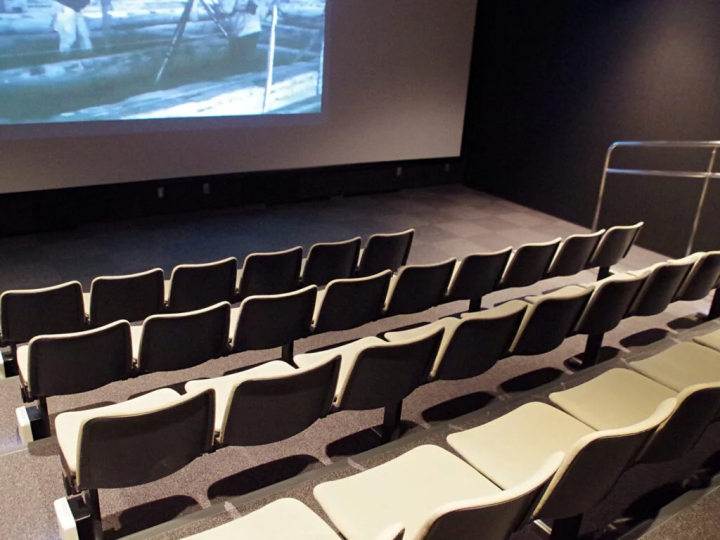
There are also other exhibits, such as the Shachihoko (a carp) that was the basis for the restoration during the Showa era, and a "theater" that shows valuable archive footage that can only be seen here. When taking friends from far away to see Himeji Castle, you'll want to start with the "history."
A free exhibition zone that even small children can enjoy
![[Himeji City] A museum you’ll want to visit together “Hyogo Prefectural Museum of History”](https://resources.matcha-jp.com/resize/720x2000/2023/09/07-145210.webp)
The first floor is a free exhibition zone. "Home for Everyone" is also recommended for families with small children. It is a place where everyone can have fun with its nostalgic exhibits of the past.
![[Himeji City] A museum you’ll want to visit together “Hyogo Prefectural Museum of History”](https://resources.matcha-jp.com/resize/720x2000/2023/09/07-145211.webp)
The "AR Old Costume Shop" has been added to replace the dressing corner where you could become a military commander or a princess, which was there before the renovation. You can enjoy dressing up virtually using a smartphone app and transform into a "Junihitoe" (12-layered kimono), "Oyoroi" (large armor), or "Kabuto" (helmet).

In the hands-on exhibits, you can actually touch the artifacts, ringing a bronze bell (a replica) and lifting a treasure chest (a replica), offering experiences that you can't fully understand unless you touch them.
![[Himeji City] A museum you’ll want to visit together “Hyogo Prefectural Museum of History”](https://resources.matcha-jp.com/resize/720x2000/2023/09/07-145213.webp)
They plan to expand the exhibits in the future, so I'm looking forward to seeing what will be on display.
Other exhibits include "Hyogo Arts and Crafts," which displays art pieces related to Buddhist culture, paintings, and crafts from Hyogo Prefecture, and "Life in the Past," which displays everyday items used from the Edo period through to the Showa.
Permanent exhibition zone showing the history and culture of Hyogo Prefecture(fee required)
The second floor is a special exhibition room where special exhibitions and planned exhibitions are held, and a paid zone for permanent exhibitions. Although there is a fee, it is 200 yen per person. It is 100 yen for university students and free for high school students and younger, so it is easy to use. (During the period of special exhibitions and planned exhibitions, the special exhibition and planned exhibition fees apply.)

The exhibits introduce the history of the five provinces that formed Hyogo Prefecture(the former five provinces of Settsu, Harima, Tajima, Tamba, and Awaji) from ancient times to the early modern period, as well as the progress of the Hyogo Prefecture.
![[Himeji City] A museum you’ll want to visit together “Hyogo Prefectural Museum of History”](https://resources.matcha-jp.com/resize/720x2000/2023/09/07-145215.webp)
For those who love nostalgic things, we recommend the Children's Museum. The exhibits, which introduce children's culture from the Edo period to the present day, are packed with toys and other items. Many people will be nostalgic for the corner that looks back on the amusement park that opened in Hyogo Prefecture.
![[Himeji City] A museum you’ll want to visit together “Hyogo Prefectural Museum of History”](https://resources.matcha-jp.com/resize/720x2000/2023/09/07-145216.webp)
For castle lovers, the "Encyclopedia of Japanese Castles" is a must-see. The 1/50 scale reproduction of the "12 existing castle towers" is a must-see. The 1/50 scale reproduction of the "Edo Castle Tower" built by the third shogun, Tokugawa light, placed in the same room will make Himeji Castle fans a little jealous.
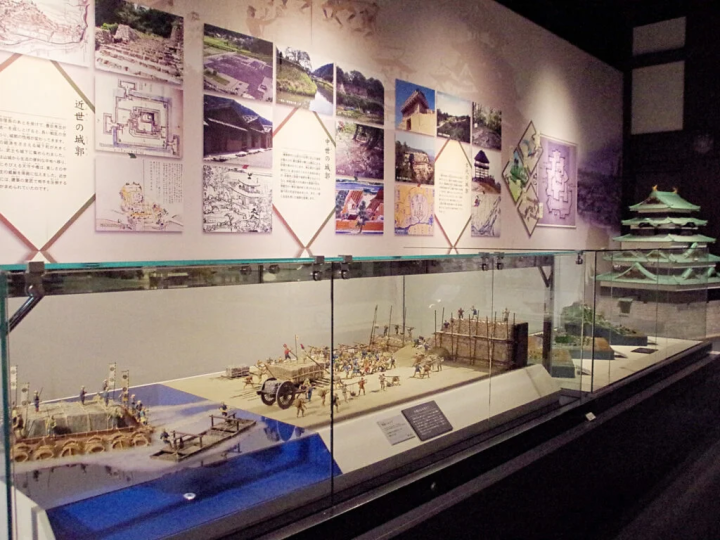
There are also many models and panels on display, making it a delight for castle and history buffs.
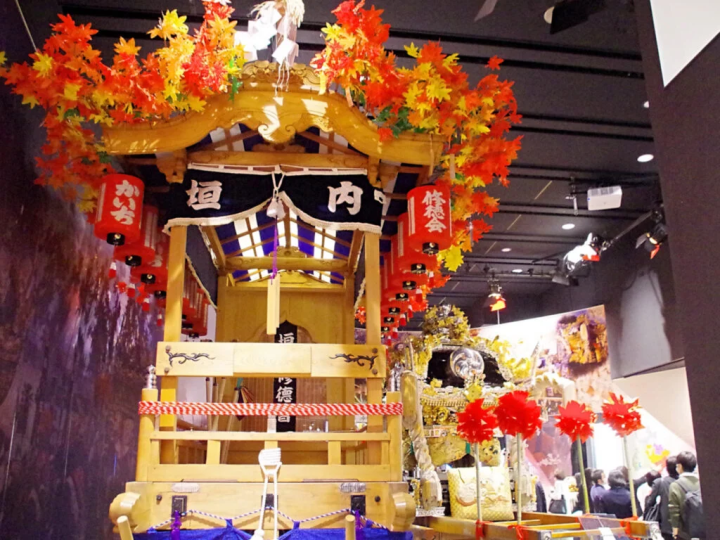
"Hyogo Festivals" introduces festivals and folk performing arts through materials, models, videos, etc. You can see the power of the floats in the "Kenka Festival" and the beauty of the lion dance up close.
For information on Hyogo and Himeji, visit the Hyogo Prefectural Museum of History
![[Himeji City] A museum you’ll want to visit together “Hyogo Prefectural Museum of History”](https://resources.matcha-jp.com/resize/720x2000/2023/09/07-145219.webp)
Although there have been no major changes to the exhibits themselves, the Hyogo Prefectural Museum of History has been renovated in places that cannot be seen, such as the facilities, and the museum is now bright with LED lighting, has a "Castle Viewing Lounge," has introduced a free exhibition guide app for smartphones (we recommend bringing headphones to prevent sound leakage), and has incorporated universal design aspects such as touchable exhibits. If you want to know about Himeji Castle and various things about Hyogo, we recommend the Hyogo Prefectural Museum of History.
(Writer: Ryuji Tsukamoto)
*This article is current as of April 2023. Prices include tax. Product contents and prices may be subject to change.
Access methods
25 minutes walk from JR Himeji Himeji, Sanyo Electric Railway. 8 minutes by Shinki Bus [via Himeji Medical Center], get off at "Himeyama Park North Museum Mae." Or 8 minutes by castle sightseeing loop bus, get off at "Museum Mae."
Useful Information
Hyogo Amazing Pass
This mobile bus ticket not only allows unlimited use of Shinki Bus route buses for 1,000 yen a day, but also allows you to ride Kobe's City Loop and Port Loop. *Limited to foreign visitors tourists visiting Japan
Luggage storage service
Would you like to go sightseeing empty-handed?
basic information
Hyogo Prefectural Museum of History
Address: 68 Honmachi, Himeji City , Hyogo Hyogo Prefecture
Phone number: 079-288-9011
Business hours: 10:00-17:00 (entry until 16:30)
Admission fee: 1st floor free, 2nd floor permanent exhibition 200 yen for adults, 150 yen for university students, free for high school students and younger, special fees apply during special exhibitions, etc. Closed: Every Monday (open if Monday is a national holiday or holiday, closed the following weekday), New Year's holidays (December 29th to January 3rd), and other special closures
Parking: None (use paid parking lots nearby)
Official website here
What are good things and good experiences? There are many characteristics such as having a story to tell, overflowing with the thoughts of the creator, having a history, and being loved by the locals. Have you ever come across a special thing or experience that made you want to tell someone about it? And as a result of telling, someone new leads to something. We think that's what "good" is all about. In order to deliver such encounters to our customers, we discover Hyogo's good things based on the concept of "talk, communicate, and connect", and provide information that will shorten the emotional distance between customers and the region of Hyogo Prefecture.
The contents on this page may partially contain automatic translation.


![[Hyogo Prefecture] Unlimited rides on local buses for just 2,500 yen! Travel around Hyogo Prefecture at a great price](https://resources.matcha-jp.com/resize/200x2000/2023/09/25-146913.webp)























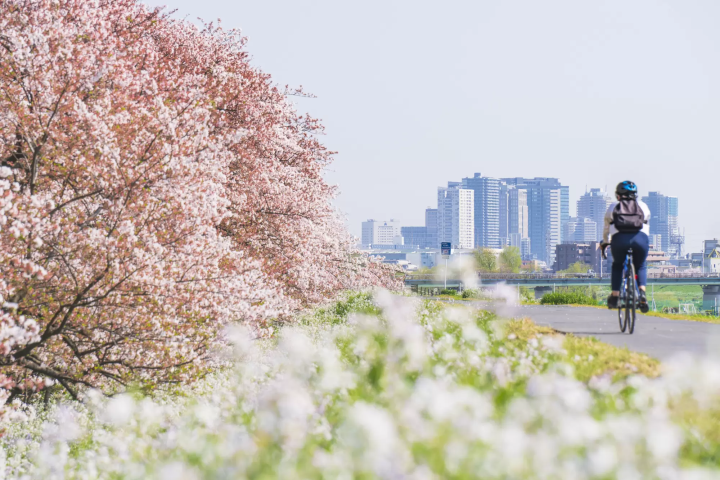






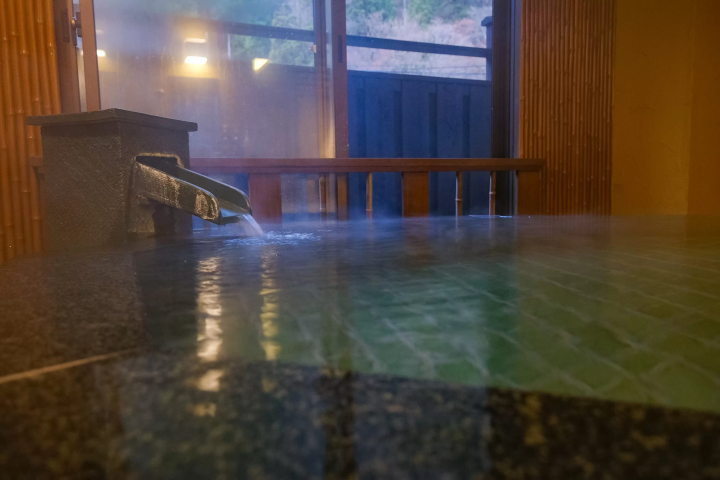
![[Coupon Available] The Latest Selection of Luxury Golf Shopping in Japan](https://resources.matcha-jp.com/resize/720x2000/2026/02/09-258161.webp)
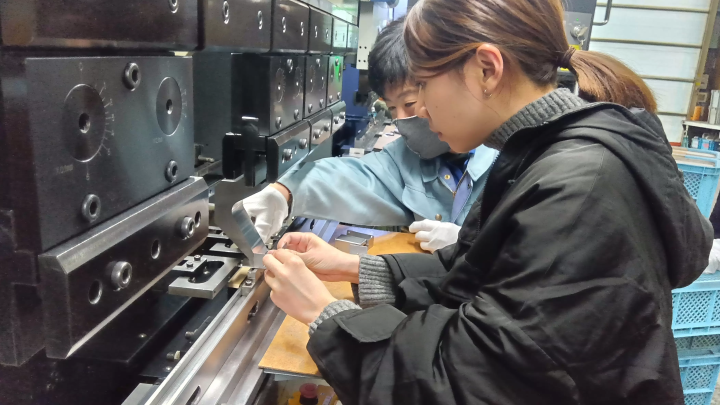
![[Close to Chubu Centrair International Airport] Tokoname's beloved "town milk"](https://resources.matcha-jp.com/resize/720x2000/2026/01/30-257067.webp)
![[THE BLOSSOM HAKATA Premier] A high-quality hotel near Hakata Station](https://resources.matcha-jp.com/resize/720x2000/2025/09/25-245115.webp)